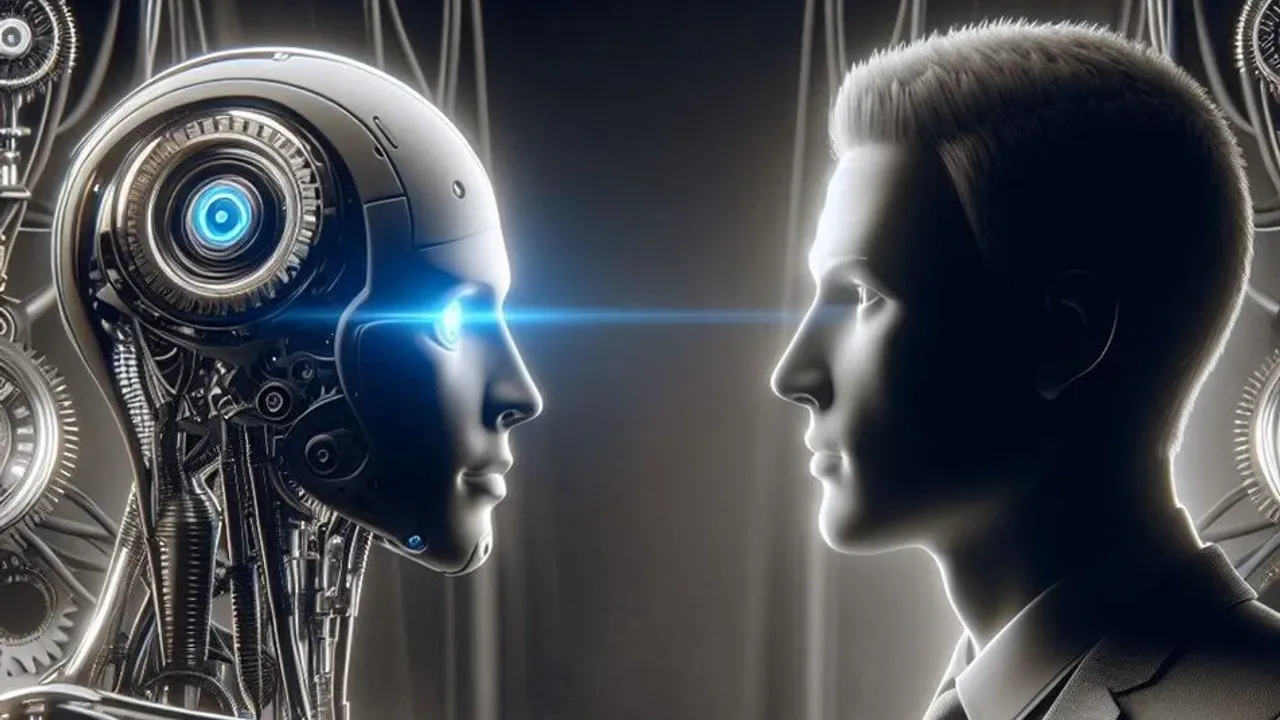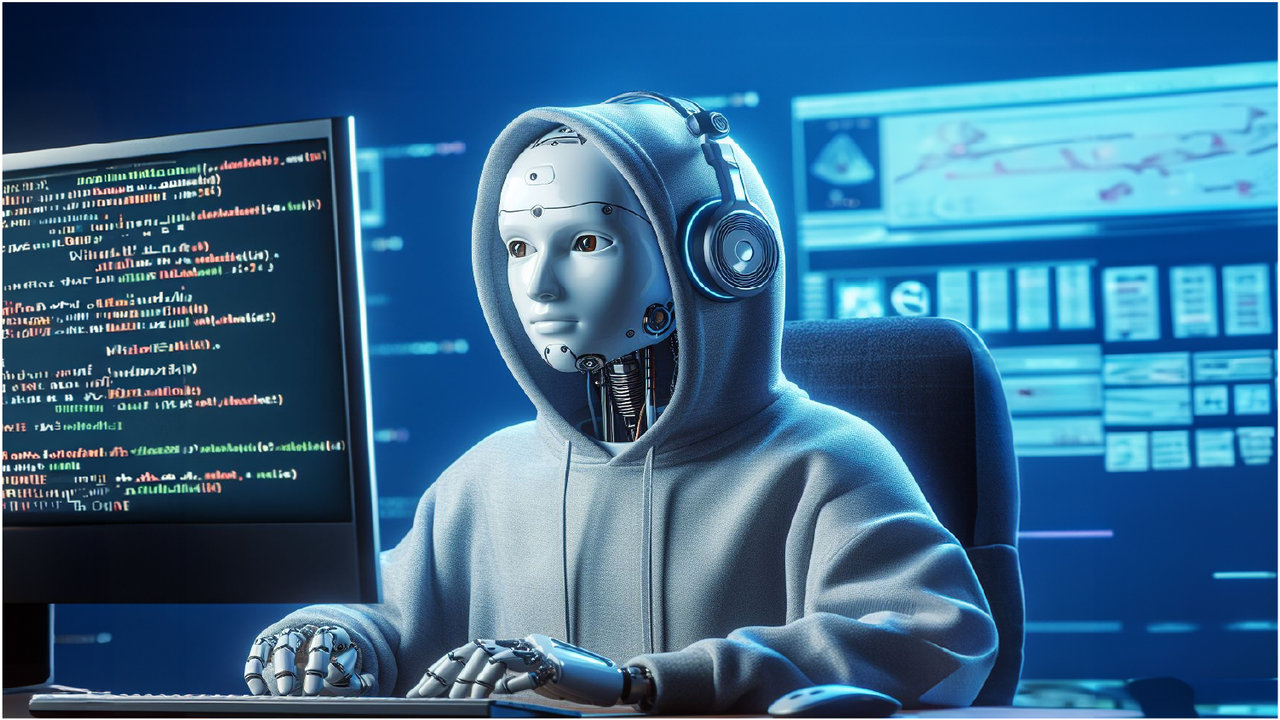The rapid spread of AI technologies is fundamentally changing the world of work globally. This change isn’t limited to production processes; it’s also having direct impacts on employment.
AI is displacing thousands of jobs
A recent report published by the US-based consulting firm Challenger, Gray & Christmas reveals that these impacts are no longer isolated, but rather systemic. According to the report, AI-related job losses in the US alone exceeded 10,000 in July.

With over 806,000 jobs lost in July, this represents the highest level of layoffs since the pandemic. The technology sector, in particular, was hit hardest, with over 89,000 job losses.
At least 27,000 of this number are reportedly directly linked to the use of AI. Data shows that productive AI tools are rapidly transforming not only the way businesses operate but also the employment landscape.
Not only layoffs but also hiring are being affected by this new order. According to data shared by career platform Handshake, the number of entry-level positions available to recent college graduates has decreased by 15 percent compared to a year ago.
During the same period, the use of the term “AI” in job postings increased by 400 percent. This increase represents a significant disadvantage in the job market for candidates lacking AI knowledge and skills.
White-collar workers are the most at risk. Last month, Amazon CEO Andy Jassy stated that productivity in the corporate workforce would increase thanks to AI, leading to a decline in employment. Ford CEO Jim Farley supported these statements more explicitly, stating that half of white-collar workers in the US would be replaced.
The transformation brought about by AI is not just a technological leap; it also signals a period of socioeconomic reshaping. While some tech leaders suggest that this transformation could ultimately support unemployed individuals through solutions like universal basic income, the current reality demonstrates that these proposals have yet to yield concrete results.













